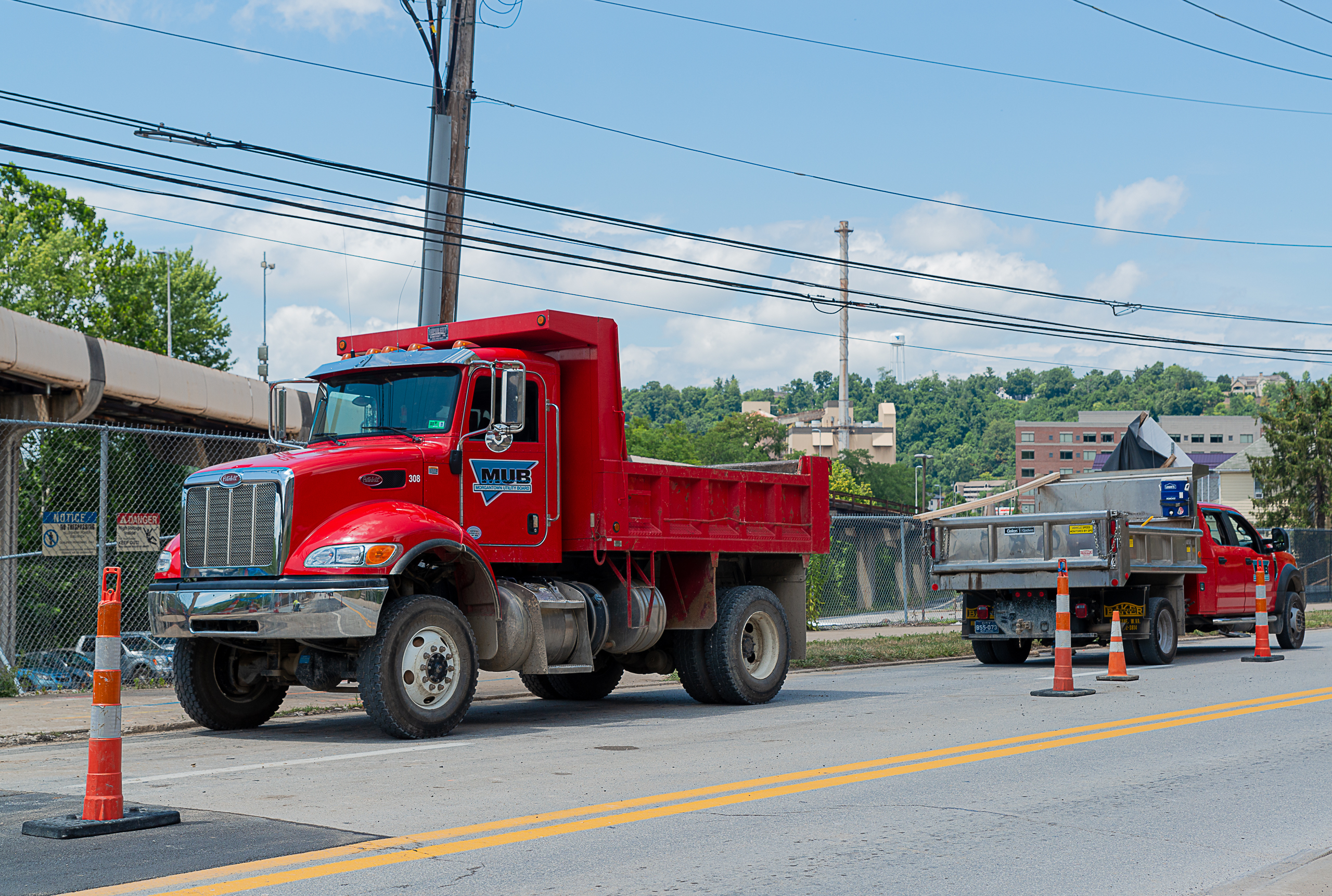MORGANTOWN — A West Virginia Public Service Commission rule change that will force the Morgantown Utility Board to consider allowing developers to design and construct their own water and sewer extensions will take effect March 27.
Ultimately, it will fall back to the WVPSC to determine whether MUB has to accept any of these “alternate main extensions.”
As previously reported, MUB was among a handful of utilities that provided comment on the rule change, suggesting that when it inevitably denies a request for an alternate extension agreement, the WVPSC should consider that MUB has the engineers and construction personnel on staff to handle the work, and has historically always done so.
“It’s statewide, yes, but it’s most impactful to MUB because we do all our own extension work,” MUB Attorney Jeff Ray said of the rule. “There are very few other utilities that do that.”
In fact, MUB argued, it was created in 1987 specifically to address the hodgepodge infrastructure that resulted from largely non-standardized work.
Further, MUB and the Clarksburg Water Board contended that the WVPSC lacked jurisdiction to compel a political subdivision water utility with at least 4,500 customers and gross revenues of more than $3 million to enter into alternate extension agreements.
The WVPSC wasn’t moved by any of that.
“The commission did reject our suggestions that the rules include factors to be considered when evaluating the denial of an alternate main extension agreement. They will be considered on a case-by-case basis by the commission,” MUB General Manager Mike McNulty said, adding, “We are considered a locally regulated utility and so the commission is saying that they feel they have jurisdiction no matter if you’re locally regulated or regulated by the commission.”
Under the new rule, a developer would file a written application to MUB to construct an extension. MUB would have 20 days to respond. If denied, MUB would have to explain its reasoning and provide available options to complete the job — likely an estimate from MUB for the work. If the applicant believes the denial is unreasonable, a complaint can be filed with the PSC.
When this issue was raised back in December, Ray indicated it wasn’t MUB’s intention to approve any such applications — primarily because the surest way to know the work is done to MUB’s standard is for MUB to do the work.
“It’s very important because once construction is completed, we own it … with the requirement that we maintain it,” Ray said.
In the event MUB is compelled by the WVPSC to enter into an extension agreement, McNulty said the utility will insist on MUB setting the specifications of the work, having inspectors on site and an enforceable warranty requirement in place.
“It’s not our intention to change our business model. We have a very successful business model. As Jeff [Ray] pointed out very correctly, the reason MUB exists is because of the work that had taken place and the problems that came along with it, so we intend to do business as we’ve always done,” McNulty said. “If the commission sees things differently, we’ll address that when it occurs.”
TWEET @DominionPostWV




